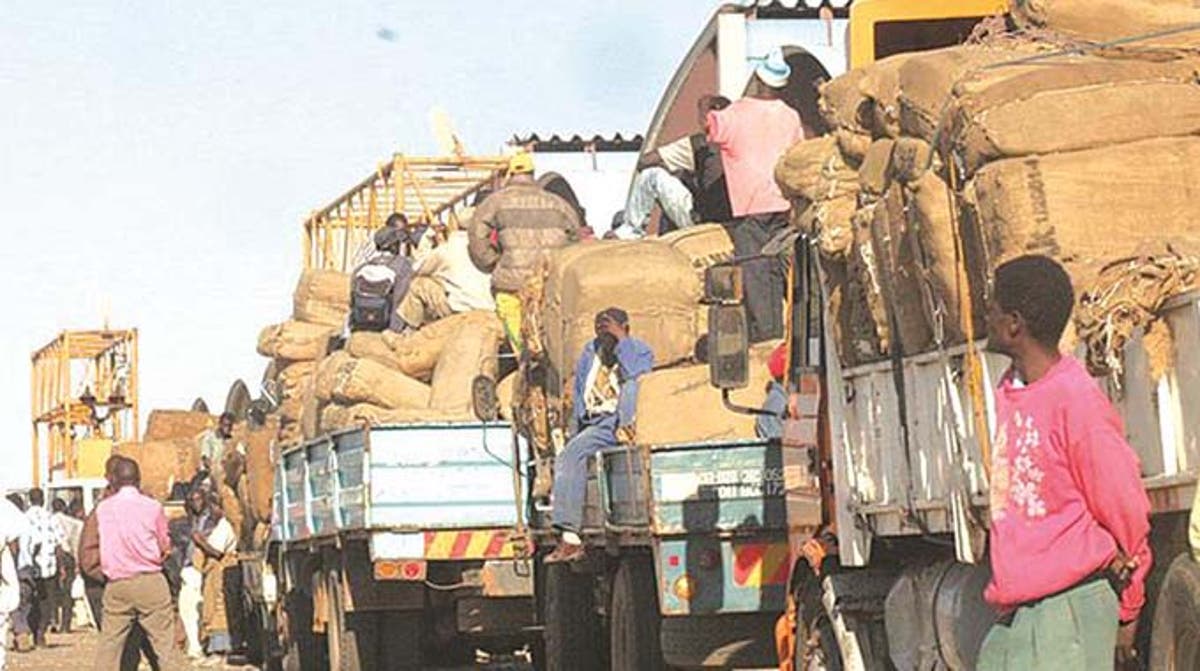Government to blacklist more poor performing contractors
Government has indicated its intention to intensify its blacklisting approach for service providers who demonstrate poor performance on contracted projects as it tightens procurement processes.
In his recent budget statement, Finance, Economic Development, and Investment Promotion Minister, Professor Mthuli Ncube, said while Government thrust has always prioritised promotion of local resources including contractors in service delivery, it is essential for procurement procedures to yield the best possible outcomes regarding both quality and turnaround times.
“Consistent with the above and noting the increased poor performance by some service providers, the Blacklisting Approach of contractors will further be enforced whilst penalty clauses in contracts will be invoked, said Mthuli.
“Experiences over the last few years evidently reflect the urgent need to tighten our procurement processes to ensure effective due diligence in the bidding and evaluation processes to guarantee quality and timely delivery of services.
Mthuli further noted that experiences over the years point that implementing agencies continue to commit and enter into contracts outside the framework of the budget while others initiate new projects during budget implementation.
“The above not only affects budget credibility and predictability but also undermines principles of programme based budget and further compromise effective budget implementation especially cash flow management and forecasting.
“Going forward and as previously reminded, for the avoidance of doubt, implementing agencies should not sign contracts above US$2 million without Treasury concurrence whilst at the same time, any new projects initiated during budget implementation stage will not be funded unless it’s purely reacting to emergency situations.”
Mthuli added that noting the increased incidences of variations majority being outside allowable threshold, going forward, approval of contracts and funding for projects should be subject to the implementing agencies developing comprehensive designs and dully costed bill of quantities.
“In the event that capacities to undertake design work and bill of quantities is beyond the capacity of the (Ministries, Departments and Agencies) MDA, it is appropriate for such MDAs to engage the same from reputable consultancy firms or institutions.”
The Government has been blacklisting contractors for unlawfully diverting payments they received for supplying goods and services to the illegal foreign currency parallel market.
The continued implementation of the Value for Money principle in Government has realised savings that have enabled the implementation of programmes and projects that benefit citizens.
The principle was introduced after it was established that contractors were fleecing the Government through inflated invoices and then taking the money to the parallel market for foreign currency, a development that pushed up exchange rates and consequently inflation.
The Finance Minister further noted that monitoring and evaluation remain central towards ensuring that implementing agencies continuously track programme and projects performance including informing policy decision making.
In this regard, in an endeavour to facilitate effective and efficient implementation of projects and programmes as well as fiscal policy measures, the Government will continue to strengthen the monitoring and evaluation (M&E) systems for MDAs.
Government has embraced the citizen-centred monitoring and evaluation concept, for implementation up to provincial level, which has seen devolution of powers to provinces to develop and implement their own plans, fostering self-evaluation and a citizen-centric approach.
“It has, however, noted that there is still a need for further strengthening the monitoring and evaluation in order to optimise on the benefits of monitoring and evaluation of our programmes and projects under implementation.
“ To this effect, Government has scaled up budget support towards M and E to the tune of ZiG5.3 billion in 2025, representing an increase of 40 percent from the current budget provision. The resources will mainly be utilised for acquisition of tools of trade and travel and subsistence allowances.”
-chroncile










